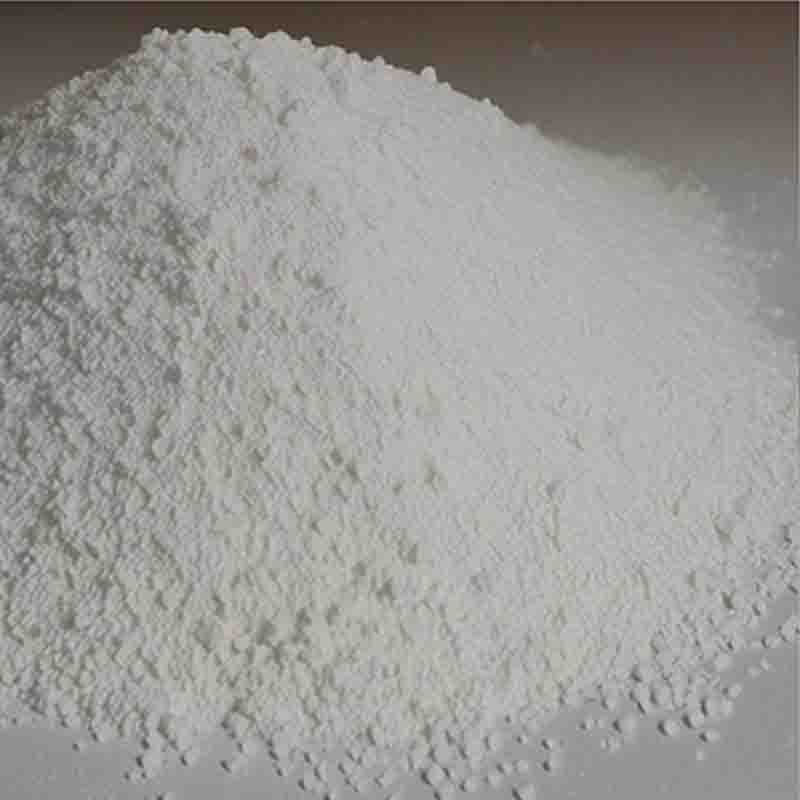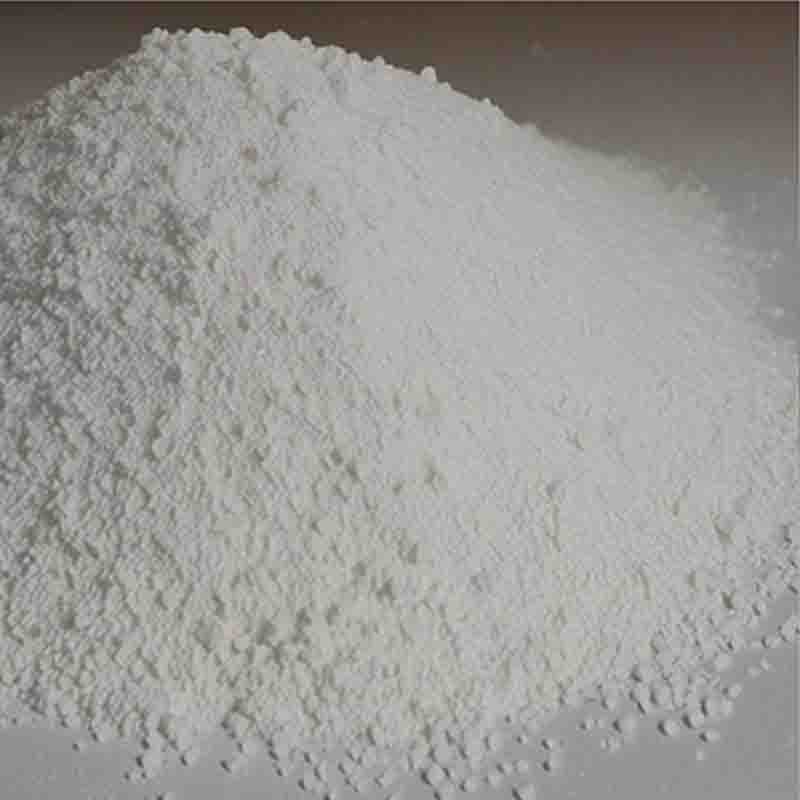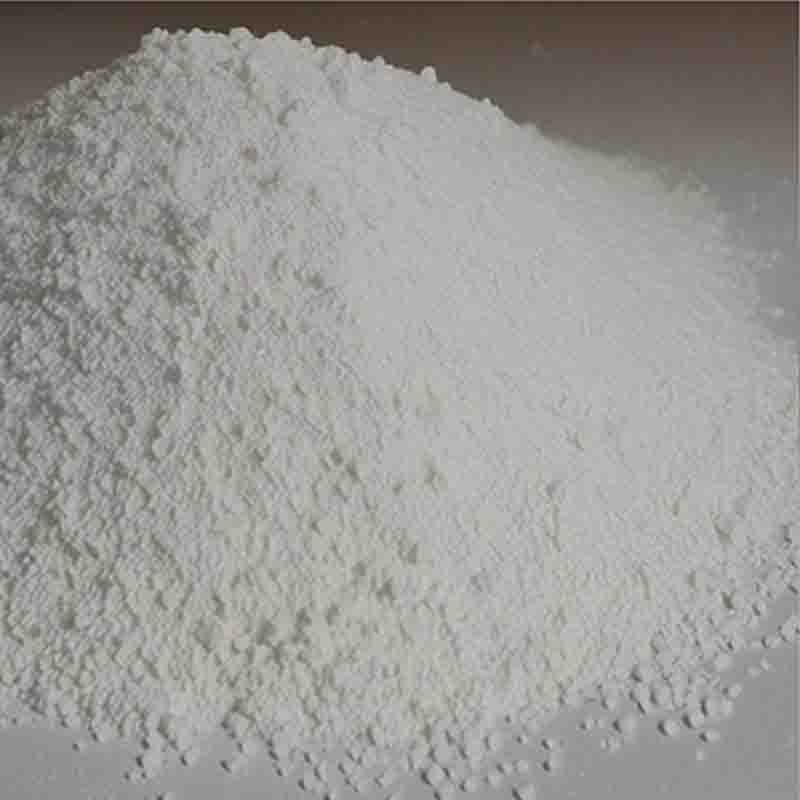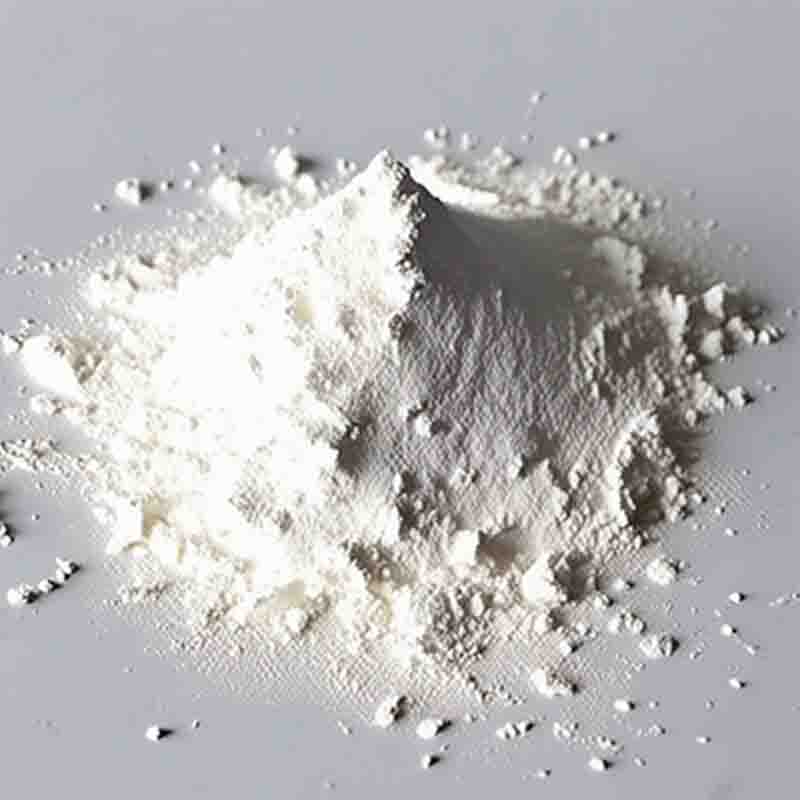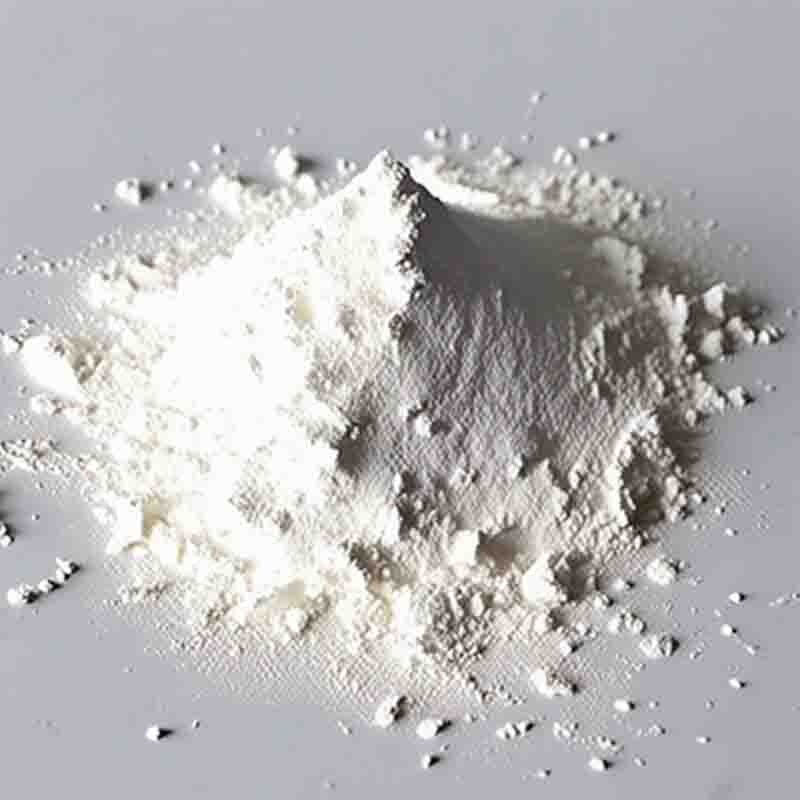4-(trifluoromethylsulfanyl)benzoylchloride CAS:330-14-3
| Catalog Number | XD96395 |
| Product Name | 4-(trifluoromethylsulfanyl)benzoylchloride |
| CAS | 330-14-3 |
| Molecular Formula | C8H4ClF3OS |
| Molecular Weight | 240.63 |
| Storage Details | Ambient |
Product Specification
| Appearance | White powder |
| Assay | 99% min |
4-(trifluoromethylsulfanyl)benzoylchloride is a chemical compound that consists of a benzene ring with a trifluoromethylsulfanyl group and a benzoyl chloride group attached. This compound possesses unique properties and effects, making it valuable in various fields.One effect of 4-(trifluoromethylsulfanyl)benzoylchloride is its use as a versatile building block in organic synthesis. Its trifluoromethylsulfanyl group can serve as a reactive site for the introduction of different functional groups. This compound can undergo various reactions, including nucleophilic substitution, oxidation, and reduction, allowing for the creation of structurally diverse compounds. It can be used in the synthesis of pharmaceuticals, agrochemicals, and materials.Another effect of 4-(trifluoromethylsulfanyl)benzoylchloride is its potential as a pharmaceutical intermediate. The presence of the trifluoromethylsulfanyl group can enhance the bioactivity and pharmacokinetic properties of a compound. It can increase the lipophilicity, metabolic stability, and receptor-binding affinity. This compound can be used as a precursor to synthesize pharmaceutical compounds with improved efficacy and safety profiles. Medicinal chemists can utilize it to optimize drug candidates and facilitate the discovery of new therapeutic agents.Additionally, 4-(trifluoromethylsulfanyl)benzoylchloride has applications in the field of materials science. Its unique structure and reactivity make it suitable for modifying and functionalizing materials. It can be used to introduce desired properties into polymers, coatings, and surfaces. The trifluoromethylsulfanyl group can enhance the thermal stability, electrical conductivity, and resistance to chemical degradation of the resulting materials. This compound enables the development of advanced materials for diverse applications, including electronics, energy storage, and catalysis.Moreover, 4-(trifluoromethylsulfanyl)benzoylchloride is of interest in chemical research. Its reactivity can be utilized to study reaction mechanisms and explore new synthetic methodologies. This compound can act as a substrate for developing innovative catalytic processes or designing novel chemical transformations. Investigating its properties and reactions can lead to advancements in organic synthesis and contribute to the development of efficient and sustainable chemical processes.In conclusion, 4-(trifluoromethylsulfanyl)benzoylchloride exhibits valuable effects and applications in organic synthesis, pharmaceutical development, materials science, and chemical research. Its trifluoromethylsulfanyl group provides reactivity and versatility, enabling the synthesis of diverse compounds and materials. Further exploration and research into this compound's properties can lead to advancements in drug discovery, materials engineering, and organic chemistry.




